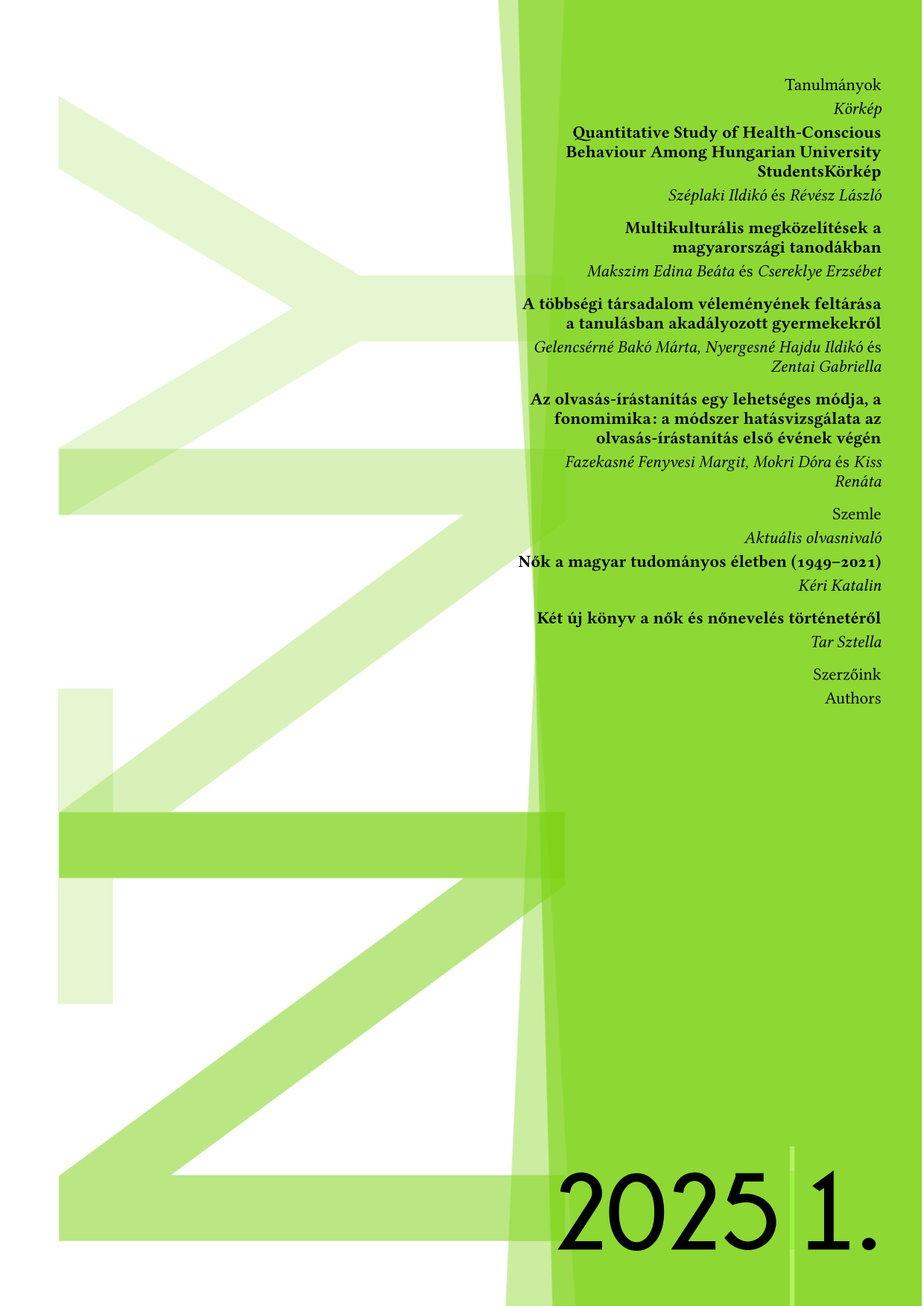Abstract
Our study investigated the multicultural knowledge and attitudes of staff working in Hungarian afterschool programs for underprivileged children, known locally as "tanodas," and how these factors influence their professional practice. We conducted in-depth interviews with 18 staff members across 8 afterschool programs and analyzed the data using content analysis methods. The research revealed a clear dichotomy in multicultural awareness among afterschool program staff. One group demonstrated a solid understanding of multicultural education, including its principles and dimensions, and actively applied this knowledge in their work. The other group lacked familiarity with multicultural education concepts, having neither studied nor encountered them previously. This divide was evident throughout the study, manifesting in how staff articulated pedagogical goals and approached problem-solving scenarios. Staff members with higher multicultural awareness exhibited a more nuanced approach to their work. Their practices aligned with key theoretical frameworks in the literature, showcasing a dynamic interplay between compensatory, pluralistic, and transformative approaches to multicultural education. These findings underscore the importance of multicultural training and awareness in afterschool programs serving diverse, underprivileged communities, and suggest potential areas for professional development and policy intervention.
